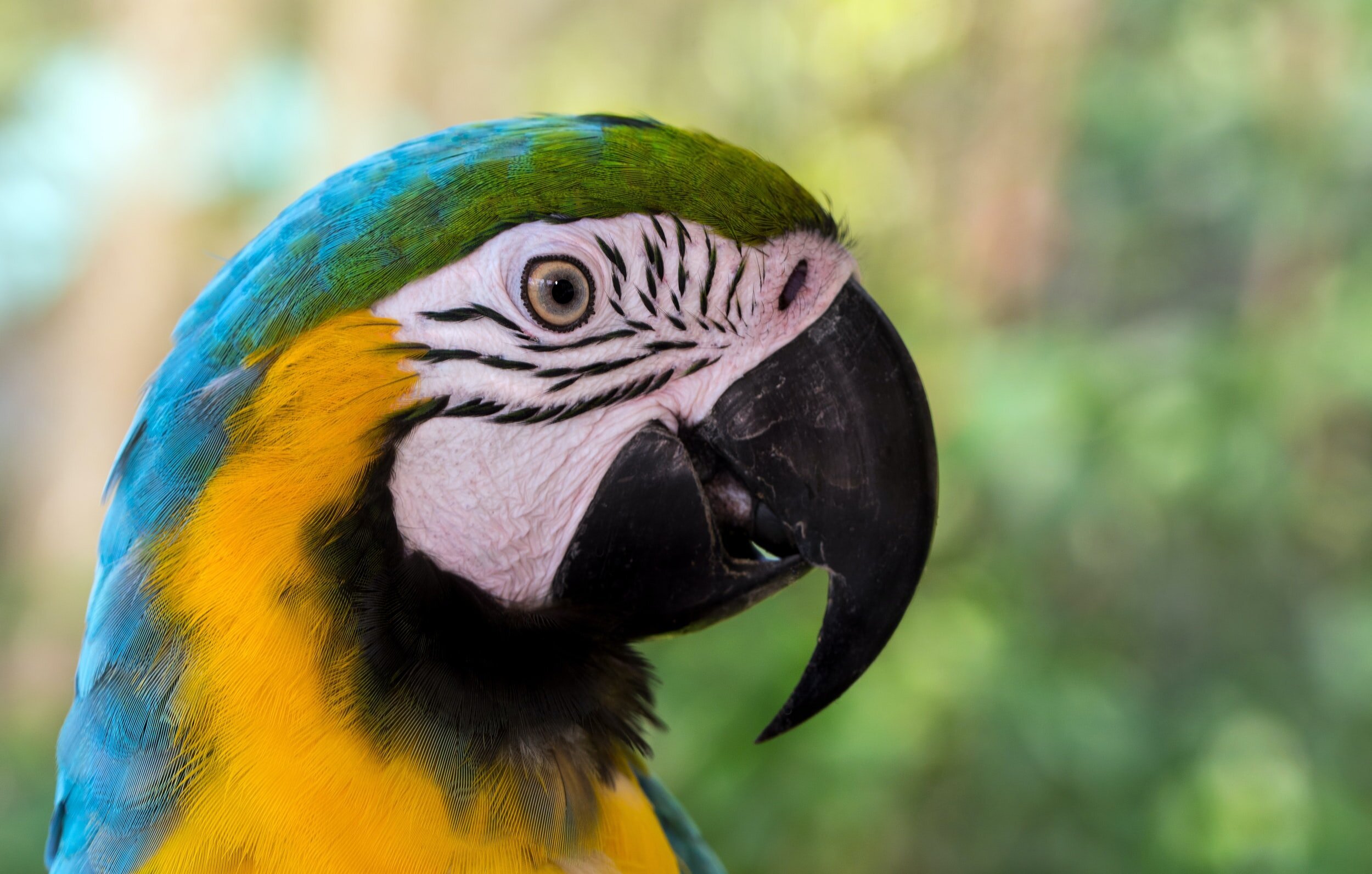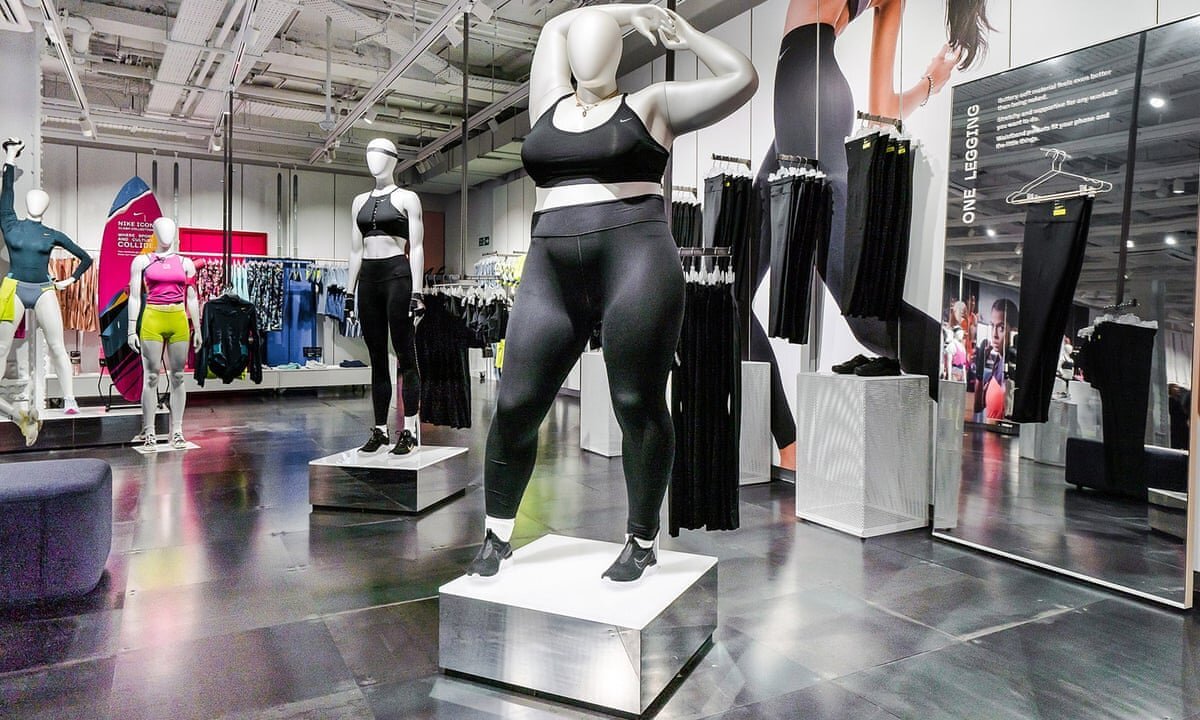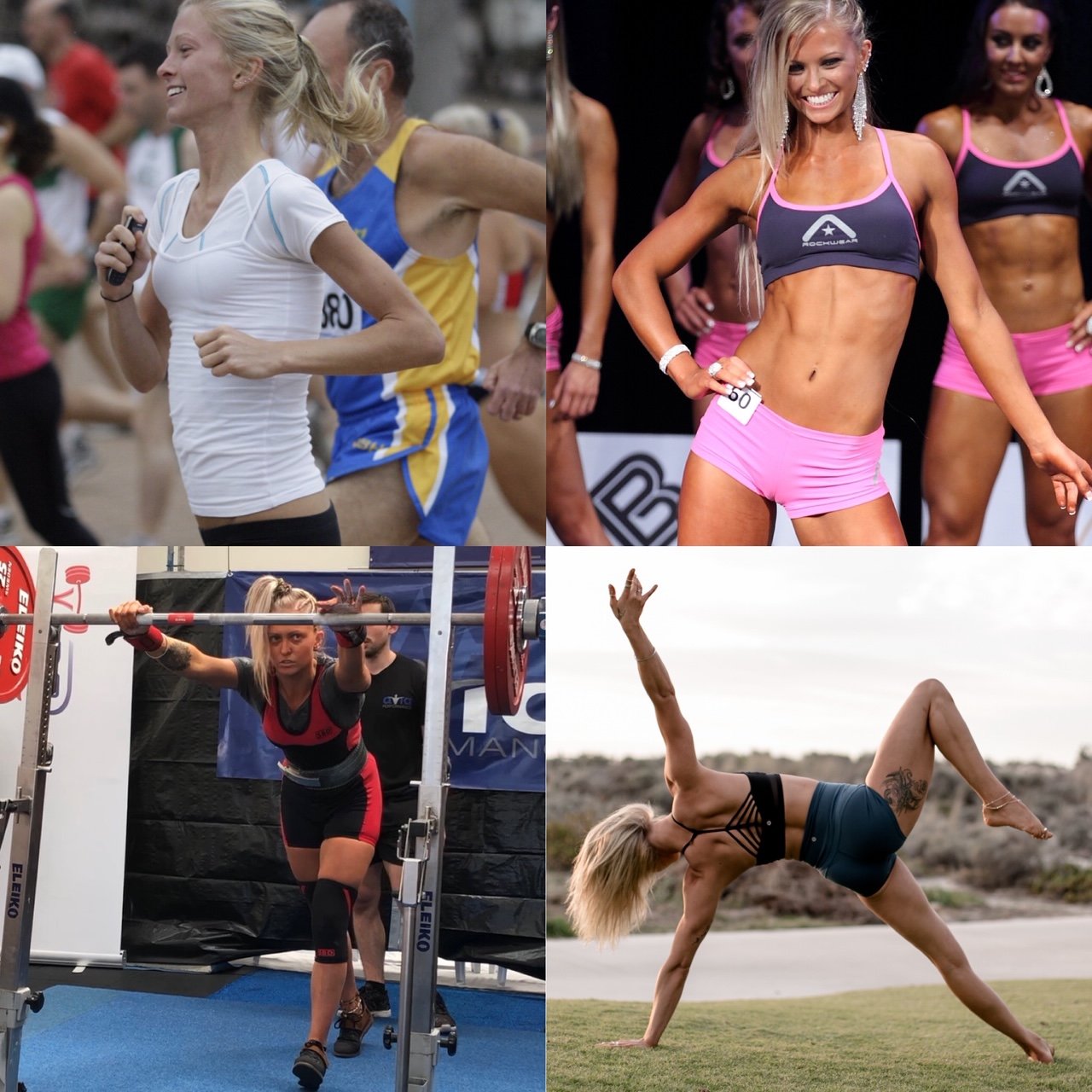blog
Welcome to my blog. Thanks for being here.
I like to write a lot. Mostly about powerlifting, strength training, body image + women in sport. They’re kinda my things.
If you ever have questions or want to learn more, please reach out. I would love to hear from you.
Billie x

Training & Long Term Travel
I received a message on Instagram the other day about navigating training and travel — specifically, navigating less predictable training set ups and the psychology around the fear of losing gains. Yes yes, hugely luxe problems. But certainly problems that can plague us when we have passions that are largely at odds.
I love training, I love routine, I love consistency, I love being in control. But I also like everything that opposes that — having no idea what I’m doing tomorrow, what hour I’ll get in tonight (tomorrow morning?), where I’ll sleep tonight. I’m willing to trade off on gains in order to enjoy this side of my personality, but certainly I am constantly engaged with ongoing problem solving to give me the best possible enjoyment of both of my loves.
In this article I talk about both the practical and the emotional aspects of training and long-term travel. I’ll offer personal experience and practical advice on how to best manage training while also letting your hair down af.

Life Trade Offs
Trade offs need to be discussed more, particularly so at this time of year when we’re evaluating our lives, setting goals, making changes for the year ahead. Your time and energy is finite. In order to do more of something, you have to do less of something else.
When I’ve spoken about trade offs previously, and realistically when anyone in health and fitness talks about trade offs, they do so through the lens of achieving some sort of health/fitness goal. If you want to lose weight, you need to trade off some take out meals. If you want to get stronger, you need to pass on some time with friends to spend more time in the gym, etc etc.
I want to talk about trade offs through an alternate lens. This is where I’m at in my life right now.

Plant Based Diet Hacks
I went grocery shopping with my best friend the other day. She watched the new David Attenborough documentary “A Life On Our Planet” recently and has since been reducing her meat consumption. I was talking her through each product as I threw it in my trolley, commenting on how much protein is in each and how I cook them or work them in to my day. She made the comment of “damn, you know all the hacks.” And on reflection, I fucking do. So here they are.

Promoting Obesity Is Not A Thing & And Other Things The Internet Gets Wrong About Body Positivity
The body positivity and Health At Every Size movements are largely misunderstood. Viewed by thin people as “promoting obesity,” their messages of empowerment and self-acceptance (both extremely valuable in contributing to improving physical, mental and social health) are often completely misconstrued and contorted. Both movements have extremely positive missions and outcomes that are very worthwhile understanding.

"Physically Attractive People Have It All" And Other BS We Tell Ourselves
“My worth as a person depends on how I look,” “physically attractive people have it all,” “if people knew how I really look, they probably wouldn’t like me so much,” “my life would be happier if I looked a certain way,” “I don’t need to change my body image; I need to change my body.”
Chances are, you’ve had some of these thoughts before. These are common assumptions we make about our appearance in order to protect ourselves. The problem is that these assumptions that we make to protect ourselves end up having the exact opposite effect — they are self deprecating and promote self rejection.
Overhauling long-standing appearance assumptions is a big job. It’s one thing to question them lightly; it’s another thing to challenge your deepest held beliefs and wrestle with the discomfort for as long as it takes to take the f*cker down.

How to Warm Up for Barbell Training
There aren’t really any hard rules when it comes to warming up for barbell training, which is why it can be hard to understand at times. There are however considerations and guiding principles which can help you to make better decisions when it comes to warming up and improving your preparedness for the session ahead.

How to Improve Your Body Image - Tried and Tested Methods
The people who are most resilient to threats and challenges to their body image are not so because they are beautiful or thin. Instead, they are protected by being not relying on their physical appearance for their identity or self worth and keep their looks in perspective by investing in other things for self-fulfilment such as family, friends, achievements, work and leisure interests. This sounds all well and good, like “yeah I’d love to feel that way, but I don’t”. So, how do you achieve a positive body image?

Survival Mode Isn't a Thing
… but your body does change when you lose weight.
Way back when our ancestors had to hunt for their meals, food availability was unpredictable. Some times they caught dinner; some times they did not. Therefore, storing body fat was favourable, as it provided an energy source in times of famine, when dinner wasn’t being served up.
We don’t really need this in a first world food environment. We can access food pretty effortlessly [unless Karen has been panic buying] from the supermarket / our pantries whenever we damn well want — but try telling that to evolution.
So now, the human body has adapted mechanisms to prompt the storage of body fat, you know, just in case. These adaptations can throw a spanner in the works of our weight loss efforts, so it’s worth understanding what they are, how they happen and most importantly, what we can do about it.
![Tracking Your Macros [Accurately]](https://images.squarespace-cdn.com/content/v1/62fb3bfe41f3053b73c1217e/1662630792313-VPYP9UB6QAZA2TSP502D/image-asset.jpeg)
Tracking Your Macros [Accurately]
Macro tracking is not the be all end all holy grail of weight management. But it is a really powerful tool when used correctly. When being mindful about the data you enter, you are able to develop quite a thorough understanding of the nutritional value of the various foods that you eat. This practiced over a period of time will enable you to make informed food choices for the rest of your life, long after you stop using the app.
If you are relatively new to tracking your macros or have never really been shown how to use a macro tracking app such as MyFitnessPal effectively, the following article will provide you with some helpful practices that you can apply right away to improve the accuracy of your tracked data and ultimately your success with any nutrition intervention going forward.

Training on Holiday
Whether or not to train on holidays is a decision that seems to plague a lot of people.
I personally have been on holidays where I’ve trained everyday. I’ve been on holidays where I’ve hiked everyday. I’ve been on holidays where everyone else has gone to the gym and I’ve been like '“yeah nah I’m not doing that.” I’ve been on holidays where I’ve done a bunch of incidental activity just exploring — and all options have been amazing because they have considered my unique circumstances at the time.
There are no hard and fast rules for training and eating while travelling. As with many questions regarding health and fitness, the answer to “should I train on holiday” is “it depends.” But to make that answer a little more useful for you, it largely depends on the factors that I explore in this article [among others] that I encourage you to unpack next time you find yourself asking the same question.

Navigating Health and Body Image - My Story.
I’ve shared my story and battles with my body image and body weight in varying depths on varying different platforms, but I’ve never dived super deep in to the nitty gritty of each stage of the journey. I feel called to share the finest details because all too often I see nutrition and exercise viewed in isolation from all other elements of an individual’s life. Your relationships, work, hobbies, education, family, sleep, sex life - all of these play a factor in determining your behaviours around food and exercise and the perceptions you hold of yourself. I hope that by breaking down every little bit of this story, you can come to recognise how so many things interplayed in my journey and perhaps help you recognise anything in your life that may be indirectly adversely affecting your physical or mental health, that you may not have otherwise considered.

The Scale Is A Tool - You’ve Got To Know How to Use It.
The humble body weight scale cops a lot of criticism. I completely agree that it is far from a perfect tool and is limited in it’s utility. However, it does provide immensely valuable data. The problem that most people run in to that causes them to slam the scales and decide that they are useless is that the user does not know how to interpret the data that the scale provides.

